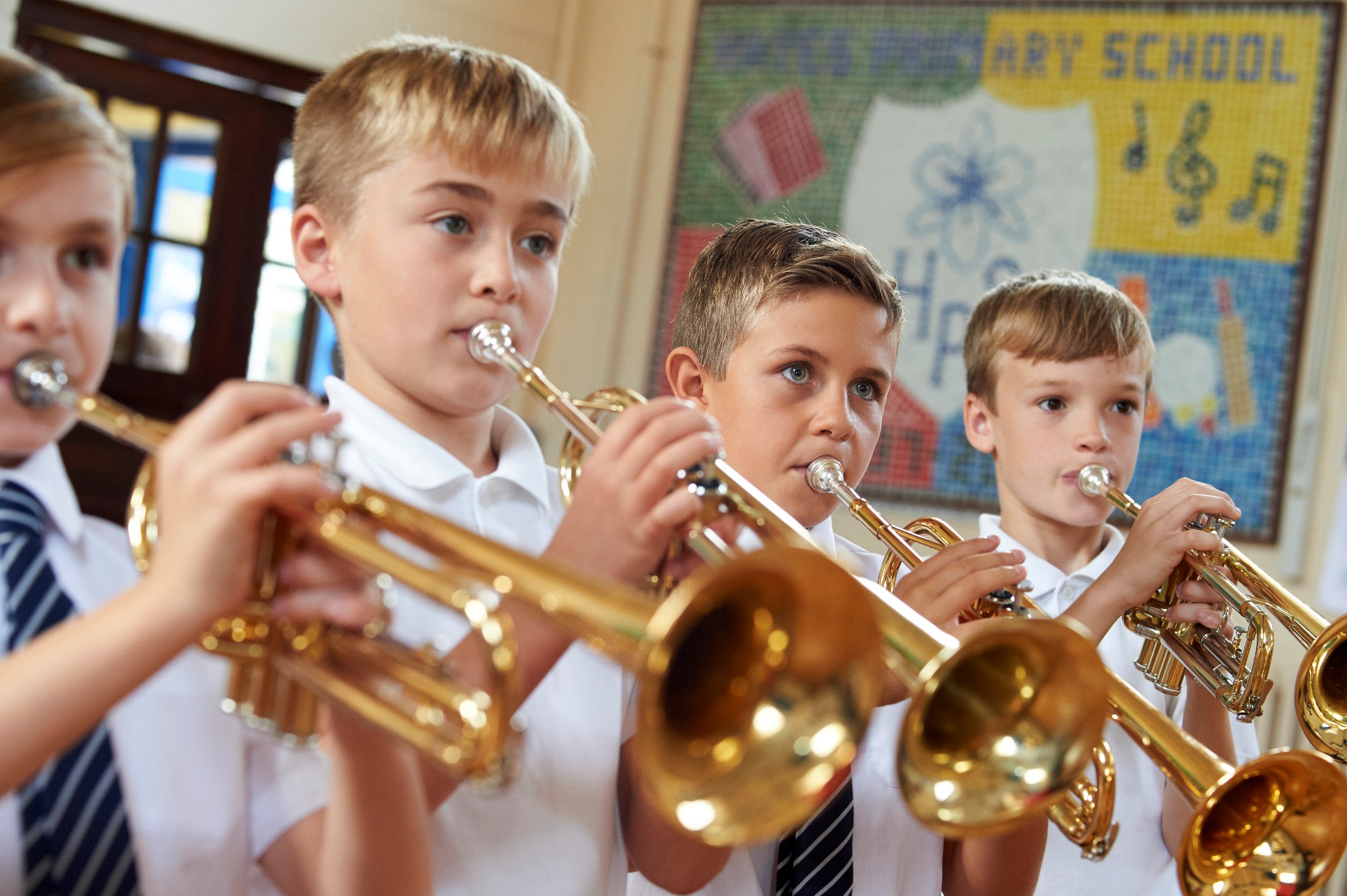Teaching of Reading and Phonics
Phonics
Read, Write, Inc
Read Write Inc. Phonics is a highly successful literacy programme created by Ruth Miskin and published by Oxford University Press. The training and support from Ruth Miskin Training, rated Outstanding by the Department for Education, ensure the programmes have the best chance of success in schools. The programme teaches children to read accurately and fluenty with good comprehension. It develops a love for reading and gives each child the best chance of success. The programme shows teachers, teaching assistants and parents step-by-step how to teach all children to become fluent readers, confident speakers and willing writers.
Our school uses:
-
Read Write Inc. Phonics. This programme is used by over a quarter of the UK’s primary schools. It is a comprehensive literacy programme, weaving decoding, comprehension, writing and spelling together seamlessly. Ruth Miskin developed the programme during her time as a headteacher in Tower Hamlets. Rigorous assessment, tracking and one-to-one tutoring ensure that schools guarantee progress for every child.
-
For information and tutorials on how to support your child learning to read go to: http://www.ruthmiskin.com/en/parents/
RWI in Practice
Children are taught phonics in homogenous groups, based on stage not age of reading. They receive a daily RWI lesson from Early Years through to Year 2. Half termly assessments are carried out to ensure children are making consistent progress and grouped according to their stage, not age, of reading to ensure that they are being challenged and supported throughout the scheme. Assessments are also used to identify children who may need extra help. In Year 1, children will undertake a national phonics screening check.
A considerable amount of time and money has been invested in the training of teacher and teaching assistants alike.
Five key principles underpin the teaching in all Read Write Inc. sessions as taken from the Teacher Handbook:
- Participation – As they are in small groups, children participate fully in every session. They are able to maintain high levels of concentration and they do not miss key elements of the teaching.
- Praise - Children work together as partners. They take turns to teach and praise each other. They are motivated by praise from their teachers and teaching assistants.
- Pace - Sessions never drag. The lively pace keeps every child fully engaged and on task.
- Purpose - Every instructor has been trained in Read Write Inc. methods. They know the purpose of each activity, and how it leads into the next.
- Passion - Instructors, too, become passionate about their teaching as they see the children enjoying the progress they are making.
Sounds
Through the Read, Write Inc programme children are taught to recognise sounds and then to ‘sound-blend’ them into words for reading.
Please click on the following link to see the pronunciation of pure sounds https://www.youtube.com/watch?v=UCI2mu7URBc
Set 1 Sounds
Set 2 Sounds
Set 3 Sounds
Support for children who did not pass the Year 2 recheck
Interventions are put in place for children in Year 3 who did not pass the Year 2 phonics recheck.
Reading in EYFS and KS1
At Hayes Primary School we believe that reading is an essential life skill, and we are committed to enabling our children to become lifelong passionate readers.
At the heart of our intent is our drive to foster a love of reading, enriching children’s learning through carefully designed teaching activities that utilise imaginative stories, thought-provoking and richly inclusive and diverse texts.
Reading is a skill that enables children to develop their learning across the wider curriculum and lays the foundations for success in the future. We recognise the importance of taking a consistent whole trust approach to the teaching of reading in order to close any gaps and to target the highest possible number of children attaining the expected standard or higher.
Once children are able to blend CVC words in Early Years, they are put on to the school's reading scheme. Teachers and/or teaching assistants listen to children read individually once fortnightly.
In Year 2 once children have been assessed as working above the grey level in RWI phonics they begin whole class reading lessons, which are structured in the same way as our KS2 reading lessons. These lessons expose children to reading skills such as inference and retrieval. This has a huge impact on their comprehension skills and understanding of complex vocabulary which they are exposed to on a daily basis.
In Year 2 class teachers, teaching assistants and reading volunteers regularly listen to children read individually.
Records of individual reading are kept in the class reading folder. During these sessions, staff ensure that the children are reading the correct level books and identify and work on their next step targets.
Supporting reading at school
- Parent reading mentors come in to school to listen to children read who need extra support. This takes place once per week.
- Children are all encouraged to spend a short amount of time each day at school to read a book for their pleasure and classes will also read a class text every day for their enjoyment.
Home reading
In KS1 children bring home two or three books to read at home:
- The RWI book they are reading at school.
- The linked RWI book bag book
- From Blue group, a supplementary reading book which is taken from a book banded scheme.
Children will also bring home a 'reading for pleasure' book, which you can read and share with your child. This is not a book for them to read to you.
Reading in KS2
In Key Stage 2 and for Year 2 children who have moved off the RWI programme, the children are taught reading through a daily whole-class approach. Lessons are structured to ensure that children are first fluent in the text being taught (one per week) and understand the key vocabulary. After this, comprehension skills such as inference and retrieval are taught and practised through a variety of questions as well debates, discussions and open-ended questions to cultivate a love of reading.
Supporting reading at school
- Parent reading mentors/volunteers come in to school to listen to children read who need extra support. This takes place once or twice per week.
- Children identified as needing extra support in reading will work in smaller groups within the classroom or in a quieter setting and will read regularly to their teacher or other school adult.
Home reading
Children in Key Stage 2 read books from the Quality Text Scheme (QTS). This offers a range of genres and supplements the children’s free reader choices to ensure they are exposed to a both a range of texts and also age-appropriate vocabulary. The children decide which QTS books they would like to read and are monitored closely by teachers to ensure they are reading books that are the appropriate level from them in terms of fluency and comprehension.
Children complete their reading records when they have read at home.
KS1 Reading Scheme and KS2 Quality Text Scheme
In EYFS and KS1, we use a combination of RWI phonics books and supplementary reading books for children in blue level and above in RWI. Children will change their books every 3 or 4 days, according to their phonics grouping, but we do ask that children bring their books to school every day to allow children to read 1-1 with adults during the school day.
In KS2, children choose 1 book per week from the Quality Text Scheme. The children remain a free reader but the Quality Text Scheme is designed to supplement their reading choices so that they have access to a variety of genres.
Book Choosing
After RWI, children become free readers. They may choose to read books from home, from the local library or a book they have chosen from their class library. Children must continue to record their reading at home in their reading records, which will be checked by their teacher or teaching assistant on a weekly basis. Their books choices will be monitored and guided to ensure their choices are appropriate to their stage in development and varied.
Reading for Pleasure
One of the key aims of English within the Spring Partnership Trust is to foster a culture of reading for pleasure and to ensure every child finds enjoyment in reading. In order to do this, children have time every day to read a book of their choice independently. Children are also read aloud to every day by their teacher or another adult, either from the class Power of Reading text or from a different class book. Class book corners create a stimulating environment to promote and engage children in reading. Regular reading assemblies give children further opportunities to listen to a variety of texts.






